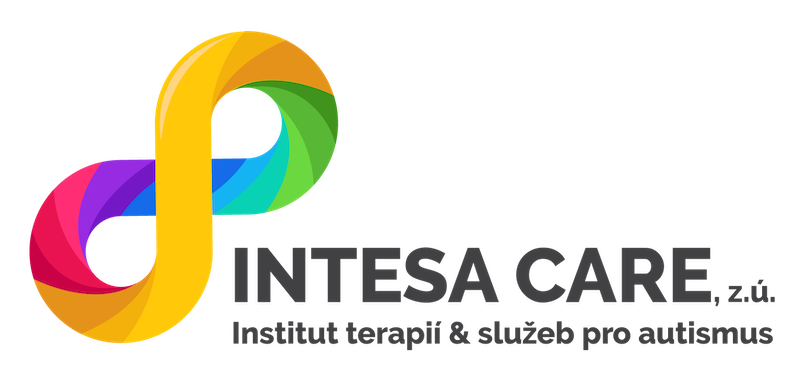Behavioral Interventions: A Review from the Autistic Community
Behavioral Interventions in Autism Spectrum Disorder (ASD): A Review from the Autistic Community
Behavioral interventions are a fundamental aspect of supporting individuals with Autism Spectrum Disorder (ASD). The Autistic Self Advocacy Network (ASAN) has provided valuable insights into the experiences and perspectives of individuals with ASD regarding behavioral interventions. This review focuses on the first-hand perspectives shared by individuals with ASD and related disabilities, as well as the recommendations outlined by ASAN.
First-Hand Perspectives on Behavioral Interventions
A report by the Autistic Self Advocacy Network of Greater Boston provides personal perspectives on behavioral interventions for people with developmental disabilities, including ASD. The report highlights the importance of promoting positive outcomes, preventing harm, protecting autonomy, fostering social inclusion, being trauma-sensitive, and promoting cultural competency in behavioral interventions.
Participants preferred treatments to focus on skills that would help them understand their own disabilities and coping with sensory overload, as opposed to therapies that made people look less autistic on the surface. Therapies that participants considered helpful included occupational therapy to help with sensory integration, play therapy, social skills groups for children, job coaching, mentoring, and mindfulness to help with anxiety.
All the therapies suggested were aimed at encouraging self-determination and self-care, rather than indistinguishability from their peers. On the other hand, participants thought that therapies designed to make them appear superficially non-autistic did more harm than good.
Trauma-Sensitivity and Gentle Approaches
The report emphasizes the importance of trauma-sensitivity in behavioral interventions for individuals with ASD and related disabilities. Participants highlighted the need for gentle and accepting approaches, considering the potential impact of past trauma on individuals. The avoidance of retraumatization and the recognition of the heightened sensitivity of individuals with ASD to their environments were underscored as key considerations in the delivery of behavioral interventions.
Promoting Positive Outcomes and Preventing Harm
Participants expressed a preference for interventions that focus on promoting positive outcomes and preventing harm. They highlighted the value of therapies that encourage self-determination, self-care, and the development of self-advocacy skills. Additionally, the report emphasized the importance of preventing harm by avoiding therapies designed to make individuals appear superficially non-autistic, which were perceived as potentially harmful.
Protecting Autonomy and Inclusion
The review emphasized the significance of protecting autonomy and promoting inclusion in behavioral interventions. Participants stressed the importance of consent, respecting the autonomy of individuals with ASD, and fostering social inclusion. They advocated for the teaching of self-advocacy skills from an early age and the creation of accessible environments to support inclusion.
Cultural Competency
The report highlighted the need for cultural competency in behavioral interventions, emphasizing that individuals with ASD and related disabilities come from diverse racial, ethnic, and cultural backgrounds. Participants stressed the importance of recognizing and addressing systemic discrimination and social inequality in the delivery of behavioral interventions.
Impact on Under-Represented Groups
ASAN's report highlights the need for cultural competency in behavioral interventions, emphasizing that individuals with ASD and related disabilities come from diverse racial, ethnic, and cultural backgrounds. The review emphasizes the need for cultural competency in behavioral interventions, recognizing that individuals with ASD and related disabilities come from diverse racial, ethnic, and cultural backgrounds.
Targeted Recommendations
ASAN's recommendations include adjustments in the social communication domain to enhance sensitivity, the inclusion of motor and movement issues within the diagnostic criteria or accompanying text, and specific language changes to the criteria itself [1]. The report provides specific recommendations to address these issues, proposing adjustments in the social communication domain to enhance sensitivity, the inclusion of motor and movement issues within the diagnostic criteria or accompanying text, and specific language changes to the criteria itself.
Conclusion
The review by ASAN provides valuable insights into the perspectives of individuals with ASD and related disabilities regarding behavioral interventions. It underscores the importance of trauma-sensitivity, promoting positive outcomes, protecting autonomy, fostering inclusion, and cultural competency in the delivery of behavioral interventions for individuals with ASD and related disabilities. These insights are essential for informing the development of effective and person-centered behavioral support strategies for individuals with ASD and related disabilities.
